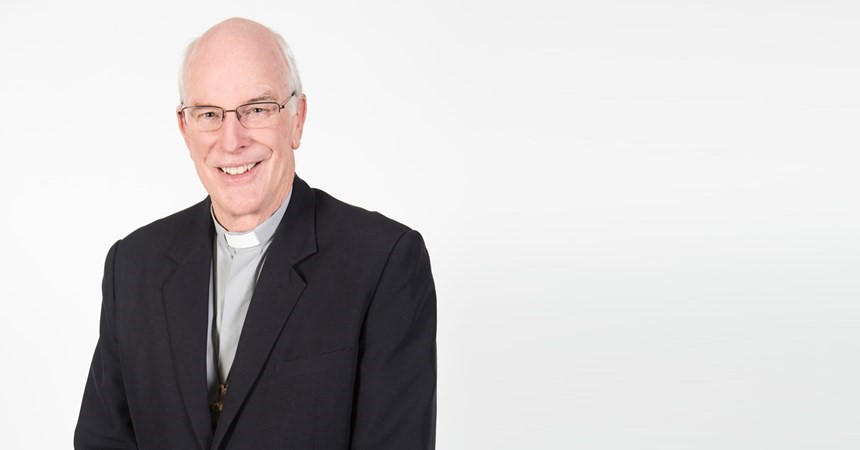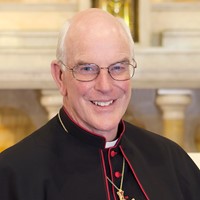Unfortunately, as far as this column is concerned, nothing has happened yet that might just be fascinating, but I can delay no longer if I am to make the July Aurora. We’re all here, actually; every active bishop in Australia, bar two. This is what is called the visit of the bishops of Australia Ad Limina Apostolorum, “to the thresholds of the apostles”, a visit which, since the 16th century, all bishops have been required to make every five years. But none of that has started yet. I’ve been here two days, and today all we bishops begin a retreat that we decided to do together before the Ad Limina. The business starts next week.
But I shouldn’t speak of the Ad Limina simply as “business”. As the name implies, it is a visit to the See of Peter and Paul and has something of the character of a pilgrimage. As well as meeting the Pope, we will visit and say Mass in each of the four major basilicas, at the tomb of Peter in the case of St Peter’s. It is a time of connection with some of our sacred sites, for even the bishops of “the best country in the world” to refresh their sense of belonging to the church that is one, holy, catholic and apostolic. That said, the Ad Limina is also business.
Since the early 20th century, a bishop on Ad Limina must submit a written report on the state of his diocese. These days, these are very substantial documents. Ours was sent in back in December last year. There has also been framed a list of agenda for discussion with each of the dicastries or “departments” of the Roman Curia. These meetings are generally with the Cardinal Prefect of whichever dicastry it is and with some of the senior officials. The bishops have questions for them; they have questions for us. But all of this lies ahead. This week we will be on retreat up in the Alban hills.
So far, in these first couple of days, Rome has greeted us in its customary fashion. When I was here a couple of years ago, a new mayor was about to sweep into office on solemn pledges to clean up the city and its graffiti. Well, Nero had tried it in his own spectacular fashion, and so has everyone since. The latest effort has been no more successful. The city retains its distinctive atmosphere, compounded of ancient brickwork, the rich aroma of cooking and the smell of last week’s meals rotting in garbage bags in the street. We’re staying at Domus Australia, the Archdiocese of Sydney’s hostel for pilgrims to Rome, which is in a reasonably smart area of hotels and government buildings, but there is still a substantial collection of overflowing bins just half a block down. Of course, Rome is forgiven its many faults because of its ubiquitous history, great architecture and terrific cafes. The mix of great and awful is somehow… well, it’s “Rome”.
In these last days I’ve been out “Rome-ing”. Yesterday I indulged a whim and went looking for the Flaminian Gate. From where I’m staying, this meant a stroll through the great public park that is the Villa Borghese on the way to the Piazza del Popolo. Between the two is the Flaminian Gate. It plays a small role in the English Catholic history that I once studied and taught. In 1850, after protracted negotiations, the British government permitted the re-establishment of a formal Catholic hierarchy in England. Pius IX appointed Nicholas Wiseman the first Archbishop of Westminster and he wrote his first pastoral letter from Rome as he was leaving for England, indeed, “From Out the Flaminian Gate”. As this carried echoes of a Roman general departing the city to march his legions north, and as Wiseman rejoiced rather too fulsomely about the Catholic restoration in England, the reaction in London was outrage. The prime minister of the day fulminated against this “Papal aggression”. It’s very big. After that, I had lunch and watched a brass band march and play in the Piazza del Popolo. History laid on monuments, laid on food. A very Roman day.























































































